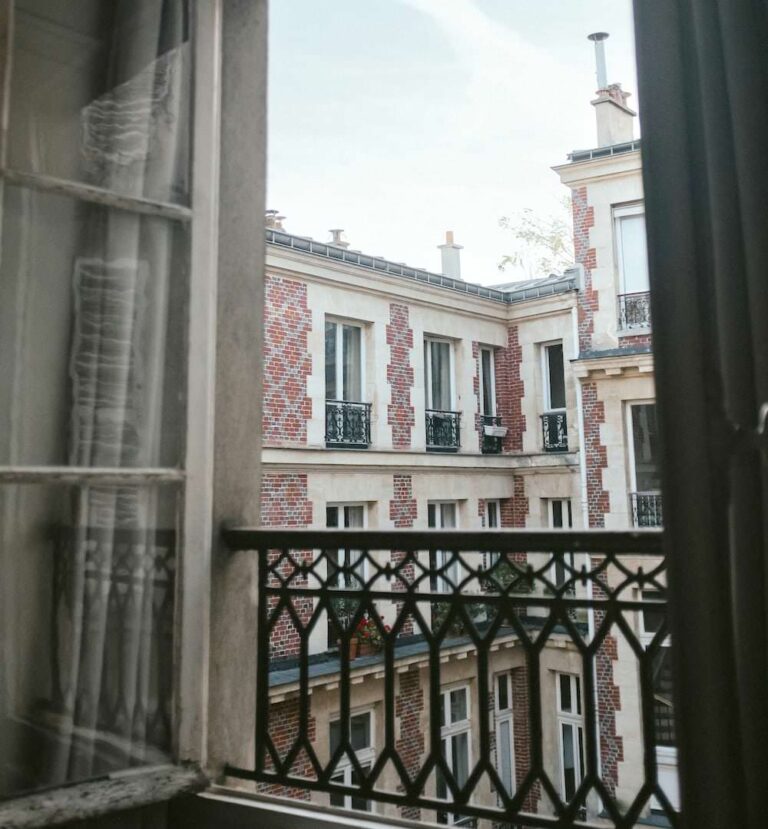Verb: Tenir
“Tenir”: A Closer Look at the Meaning, Conjugation, Past Participle, Usage, and Etymology
Meaning
At its core, “tenir” means “to hold” in English. However, its significance expands far beyond simple physical grip. It encompasses a wide array of related concepts, such as keeping, maintaining, possessing, or even enduring.
Conjugation
“Tenir” follows the irregular conjugation pattern of the verb “venir.” Let’s take a look at its conjugation in the present tense indicative mood:
- Je tiens (I hold)
- Tu tiens (You hold)
- Il/elle/on tient (He/she/one holds)
- Nous tenons (We hold)
- Vous tenez (You hold)
- Ils/elles tiennent (They hold)
Past Participle
The past participle of “tenir” is “tenu.” It is used in compound tenses, such as the passé composé, where it is combined with the auxiliary verb “avoir” (to have). For example:
- J’ai tenu (I held)
- Tu as tenu (You held)
- Il/elle/on a tenu (He/she/one held)
- Nous avons tenu (We held)
- Vous avez tenu (You held)
- Ils/elles ont tenu (They held)
Usage
“Tenir” is a versatile verb. Here are some common ways it is used:
- Physical Holding: “Tenir” denotes physical possession or grip. For instance, you might say, “Je tiens un livre” (I’m holding a book) or “Elle tient le volant” (She’s holding the steering wheel).
- Figurative Holding: Beyond physical possession, “tenir” can express emotional attachment or responsibility. You could say, “Je tiens beaucoup à mes amis” (I care a lot about my friends) or “Il tient ses promesses” (He keeps his promises).
- Stability and Maintenance: “Tenir” is often employed to convey the idea of keeping things in order or maintaining a certain state. For example, you might say, “Je tiens ma maison propre” (I keep my house clean) or “La batterie tient longtemps” (The battery lasts a long time).
- Duration: “Tenir” can indicate the duration of an action or an event. For instance, you could mention, “La réunion a tenu trois heures” (The meeting lasted three hours) or “Le spectacle tient une semaine” (The show runs for a week).
Etymology
The French verb “tenir” comes from the Latin word “tenere,” meaning “to hold.” Over time, the word evolved and adapted to its current form in French.






